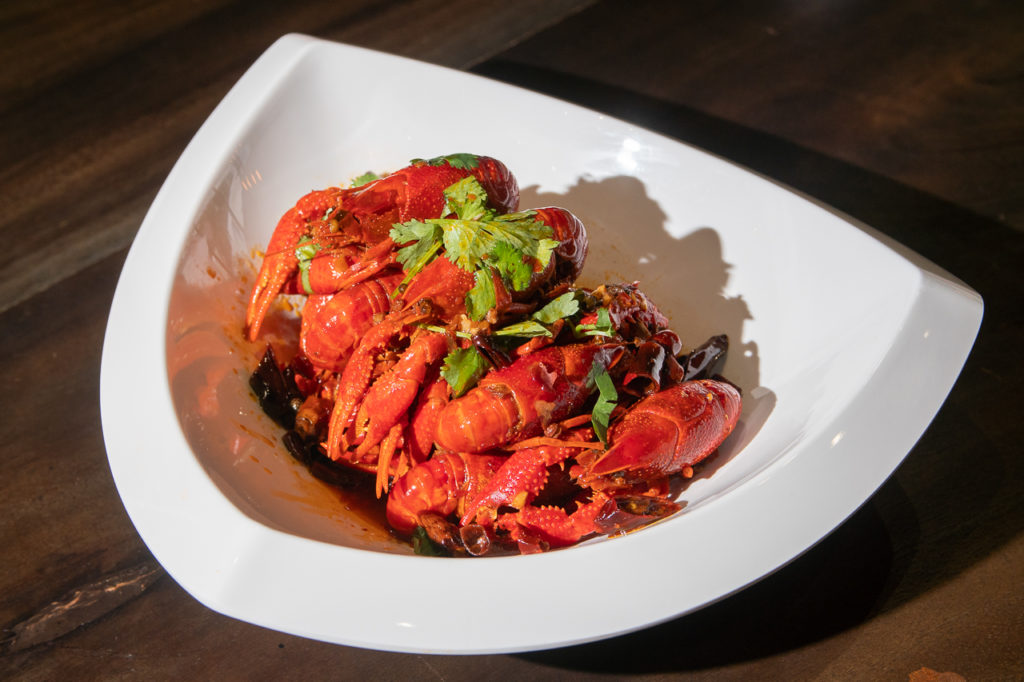Hediu Grill Station doesn’t pretend to be anything more than what it is—a “chill and grill” restaurant, according to human resources manager Jess Estiva, that encourages its customers to go home drunk after feasting on its wide selection of Sichuan cuisine.
This restaurant is hardly a place for the faint of heart. It doesn’t attempt to be upscale like many restaurants in Manila. While there’s no shame in that, there’s also no shame in putting out a concept with a Chinese name that literally translates to “down it until you lose a shoe.” In Filipino, that would be, “Inom ka pa.”

With most of the dining population composed of people with 9-to-5 jobs, concepts like Hediu Grill Station are exactly what the market has been looking for. While refined establishments are highly admired in the industry, restaurants like Hediu Grill Station show that you don’t need clout to be appreciated by the market. If anything, these places are a breather, a safe space, and a comfort zone for those looking for a respite from the hectic city life.
“Walwalan” is something that transcends all cultures and languages, so it’s no surprise that more and more Filipinos are discovering this little gem located by the bay. While its concept attracts customers, it’s the food that makes them stay—and come back.
Specializing in Sichuan cuisine (pronounced sishwan), Hediu Grill Station’s menu is headed by Chinese chefs and cooks who make sure the dishes are as authentically Sichuan as they can be while still adapting to local tastes and trends. One such way the restaurant has done that is its adoption of the quintessentially Filipino preference for skewers. An entire menu section is dedicated to spiced meats on barbecue sticks, all of which are flavored to the taste of Sichuan spices.
One of the eight great cuisines of China, Sichuan is distinct in its spiciness, which comes from the abundance of garlic and chili peppers. The hot element of Sichuan cuisine stems from the province (of the same name)’s cold climate, which required its people to create dishes that would keep them warm.
In 2011, the capital of Sichuan, Chengdu, was recognized as a “City of Gastronomy,” and it’s clear why. By nature, Sichuan cuisine offers a level of gastronomic sophistication no matter where or how it’s served. Whether that’s in a five-star restaurant or a chill and grill concept, Sichuan cuisine promises a delicious time—especially when that’s partnered with alcohol in a restaurant that’s all about drinking the night away.